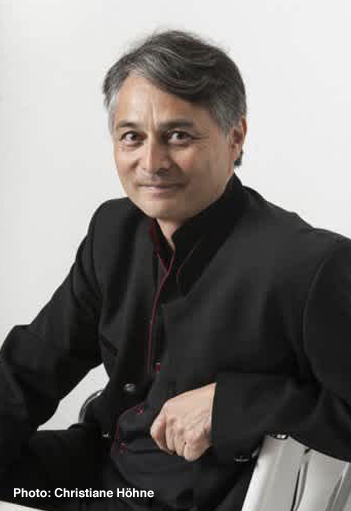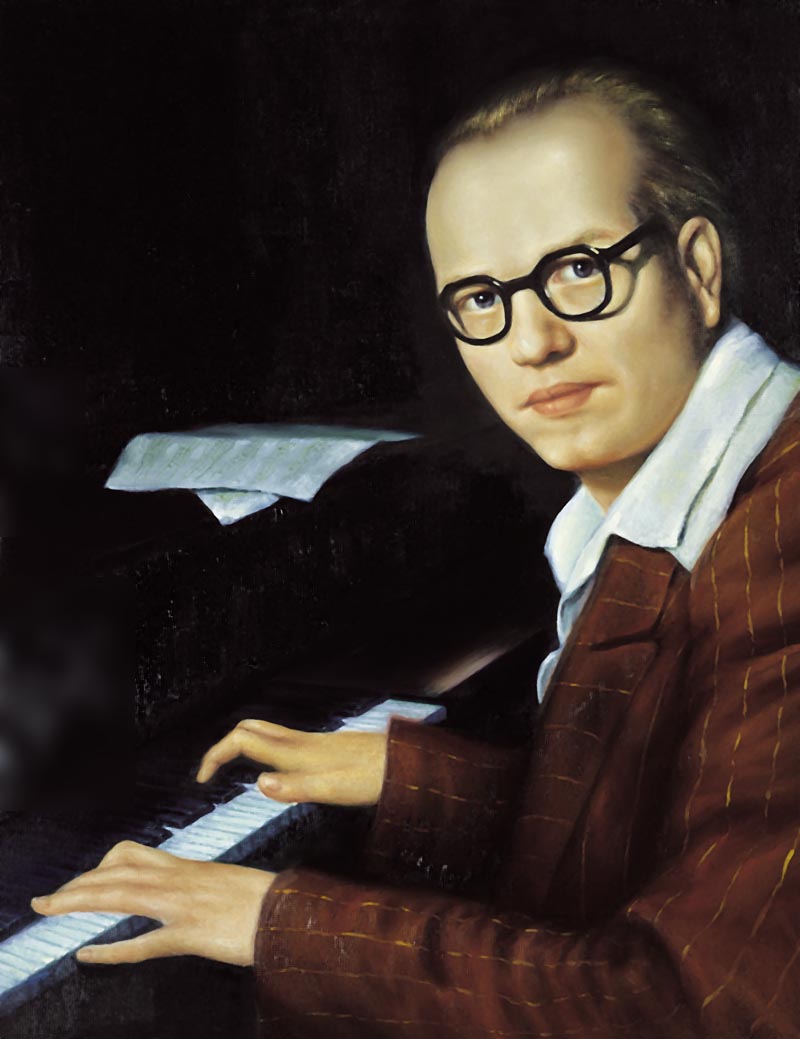
Jun Märkl is a highly respected interpreter of core Germanic repertoire and is renowned for his refined and idiomatic explorations of the French Impressionists. He currently serves as music director of the Taiwan National Symphony Orchestra and the Indianapolis Symphony Orchestra, and is the chief conductor of the Residentie Orchestra of The Hague, Netherlands. He is also principal guest conductor of the Oregon Symphony.
Märkl’s expertise in the world of opera and long relationships with the state operas of Vienna, Berlin, Munich, Berlin, Semperoper Dresden, The Metropolitan Opera, San Francisco Opera and New National Theatre in Tokyo have been complemented over the past decades by his orchestral music directorships of the Orchestre National de Lyon, MDR Leipzig Radio Symphony Orchestra, Basque National Orchestra and the Malaysian Philharmonic Orchestra. Märkl regularly guest conducts leading international orchestras, and has led The Philadelphia Orchestra, the Bavarian Radio Symphony Orchestra, Netherlands Radio Philharmonic Orchestra and NHK Symphony Orchestra, Tokyo, among many others.
He also has an extensive discography of over 55 recordings, and in 2012 he was honoured with the Chevalier de l’Ordre des Arts et des Lettres. He studied in Munich with Sergiu Celibidache and at Tanglewood with Leonard Bernstein and Seiji Ozawa. Märkl is highly dedicated to work with young musicians: for many years he worked as principal conductor at the Pacific Music Festival in Sapporo and the Aspen Music Festival in Colorado. He teaches as a guest professor at the Kunitachi College of Music, Tokyo and recently founded the National Youth Symphony Orchestra of Taiwan.

Olivier Messiaen has exercised a remarkable influence over composers both in his native France and elsewhere, although his own work is unique in its individuality. Educated at the Paris Conservatoire, where his teachers included the great French organist Marcel Dupré, he became principal organist of La Trinité in Paris after graduation in 1930, a position he retained for many years. Messiaen’s musical language is derived from a number of varied sources, including Greek metrical rhythms, Hindu tradition, the serialism of Schoenberg, Debussy and birdsong, with his whole work and life deeply influenced by the spirit of Catholicism.
Orchestral Music
Of orchestral works by Messiaen particular mention may be made of the Turangalîla-symphonie, with its Hindu inspiration, and the mystical L’Ascension, later arranged also for organ.
Piano Music
Two extended compositions for piano by Messiaen suggest two of the sources of his inspiration. Vingt Regards sur l’enfant Jésus, a title defying elegant translation, takes 20 different views of the Child Jesus—from the Father, the star and the Virgin to that of the Church of Love. The work was first performed in Paris in 1945 by the composer’s wife, the pianist Yvonne Loriod. The Catalogue d’oiseaux of 1959 is derived from birdsong and includes ‘Le Chocard des alpes’, ‘Le Loriot’ and ‘Le Courlis cendré’.
Organ Music
Messiaen made a significant addition to organ repertoire. His compositions for the instrument include La Nativité du Seigneur (‘The Birth of the Lord’), L’Ascension and Les Corps glorieux (‘Bodies in Glory’), the last described as seven brief visions of the life of the resurrected.
Chamber Music
Among the best known of Messiaen’s varied works for smaller groups of instruments is the Quatuor pour la fin du temps (‘Quartet for the End of Time’), written in 1941 during a period of wartime imprisonment in Silesia. This apocalyptic work was composed for the instruments available (clarinet, piano, violin and cello) and was first performed in the prison camp.






























